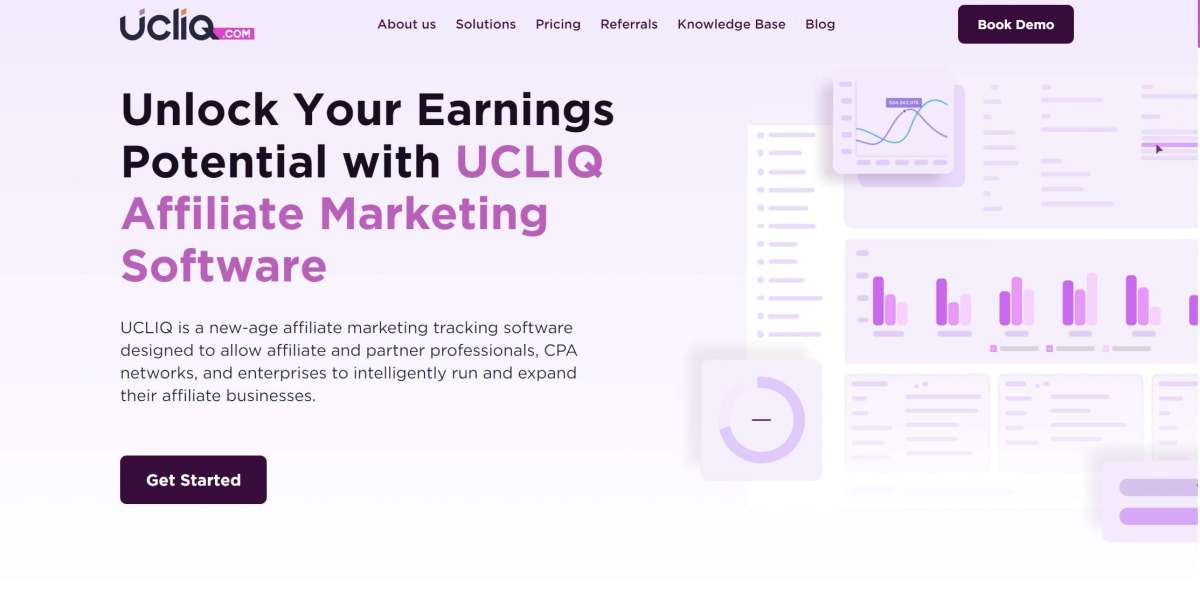Demand forecasting plays a crucial role in driving business success by predicting future sales and market trends. It enables organizations to manage resources, plan effectively, and respond proactively to market dynamics. Let’s explore the significance of demand forecasting and how it supports various business functions.
1. Ensuring Production Efficiency and Cost Control
How Does Forecasting Support Production Efficiency?
Accurate demand forecasting helps businesses produce goods efficiently, aligning output with market demand while controlling costs.
Key Benefits of Demand Forecasting for Production:
- Prevents Overproduction: Forecasting ensures production volumes meet actual demand, reducing surplus inventory.
- Minimizes Wastage: Optimized production schedules avoid unnecessary material usage.
- Balances Supply with Demand: Ensures enough products are available to meet market needs without excess.
- Reduces Operational Costs: Aligning production with demand cuts down unnecessary energy and labor expenses.
- Improves Equipment Utilization: Predictable production schedules maximize equipment usage.
- Supports Lean Manufacturing: Forecasts help businesses adopt lean processes, reducing inefficiencies.
2. Optimizing Inventory Management
Why is Inventory Optimization Critical?
Managing inventory effectively ensures that businesses neither overstock nor run out of products, maintaining smooth operations.
How Forecasting Supports Inventory Optimization:
- Prevents Overstocking: Reduces unnecessary stock that ties up capital.
- Reduces Storage Costs: Less inventory means fewer warehousing expenses.
- Minimizes Stockouts: Ensures products are available when customers need them.
- Facilitates Just-in-Time Delivery: Inventory arrives only when required, preventing excess.
- Improves Cash Flow: Well-managed stock levels release cash for other needs.
- Adapts to Market Trends: Keeps inventory aligned with current customer preferences.
3. Strengthening Financial Planning and Budgeting
How Forecasting Benefits Financial Strategies?
The significance of demand forecasting is it allows businesses to create accurate financial plans and allocate resources effectively.
Key Ways Demand Forecasting Helps Financial Planning:
- Informs Budget Allocation: Ensures departments receive appropriate funding based on demand trends.
- Forecasts Revenue: Provides a realistic picture of future income.
- Controls Expenses: Aligns spending with projected sales to avoid overspending.
- Reduces Financial Risk: Identifies potential slowdowns early for cost-saving measures.
- Supports Investment Decisions: Guides where and when to invest for growth.
- Tracks Performance: Businesses can compare actual sales against forecasts to refine future budgets.
4. Enhancing Customer Satisfaction and Loyalty
Why Is Customer Satisfaction a Priority?
Demand forecasting ensures that businesses meet customer needs, creating positive experiences that foster loyalty.
How Forecasting Boosts Customer Satisfaction:
- Ensures Product Availability: Customers can find what they need when they need it.
- Reduces Delivery Delays: Forecasting supports better shipping and fulfillment planning.
- Offers Relevant Promotions: Aligns marketing efforts with customer demand patterns.
- Minimizes Complaints: Avoids stockouts and delays that lead to dissatisfaction.
- Enhances Customer Retention: Consistent service encourages repeat purchases.
- Builds Trust: Predictable availability strengthens customer relationships.
5. Improving Workforce Management and Efficiency
How Does Forecasting Help Workforce Planning?
With precise demand forecasts, businesses can efficiently plan staffing levels, avoiding under or overstaffing.
Workforce Benefits of Demand Forecasting:
- Prepares for Peak Seasons: Ensures enough staff during busy periods.
- Controls Labor Costs: Prevents unnecessary payroll expenses during low demand.
- Improves Shift Scheduling: Aligns workforce with operational needs.
- Reduces Overtime Costs: Forecasts reduce last-minute staffing gaps.
- Guides Training Programs: Prepares staff for future demands.
- Prevents Employee Burnout: Balanced staffing improves morale and productivity.
6. Supporting Supply Chain Coordination
Why Is Supply Chain Coordination Essential?
A well-coordinated supply chain ensures seamless operations, helping businesses deliver products efficiently.
How Demand Forecasting Benefits the Supply Chain:
- Improves Supplier Collaboration: Forecasts help suppliers plan their production.
- Reduces Lead Times: Early forecasting shortens delivery cycles.
- Prevents Supply Disruptions: Ensures smooth product flow along the supply chain.
- Lowers Transportation Costs: Accurate planning optimizes logistics routes.
- Adapts to Market Fluctuations: Forecasting helps manage unexpected shifts in demand.
- Increases Supply Chain Resilience: Businesses can quickly adjust to disruptions.
7. Facilitating Risk Management
How Does Forecasting Aid Risk Management?
Demand forecasting identifies potential risks and helps businesses develop mitigation strategies.
How Forecasting Supports Risk Management:
- Predicts Market Changes: Identifies upcoming trends and demand shifts.
- Prepares Contingency Plans: Helps businesses stay ready for emergencies.
- Prevents Revenue Loss: Accurate forecasting avoids stockouts during peak demand.
- Identifies Cost-Saving Opportunities: Forecasts highlight areas to reduce spending.
- Manages Seasonal Fluctuations: Aligns resources with expected demand changes.
- Ensures Business Continuity: Reduces risks of operational disruption.
8. Driving Long-Term Business Growth
Why is Forecasting Important for Growth?
Accurate forecasts provide a foundation for strategic planning, helping businesses grow sustainably.
How Demand Forecasting Drives Business Growth:
- Identifies New Opportunities: Forecasting reveals emerging market trends.
- Plans Future Expansions: Helps businesses expand efficiently into new markets.
- Aligns Short-Term Actions with Long-Term Goals: Ensures all decisions support business growth.
- Monitors Competitor Strategies: Forecasting provides insights into industry trends.
- Attracts Investors: Sound demand forecasts build confidence among stakeholders.
- Supports Innovation: Forecast-based decisions drive product and service improvements.
9. Improving Decision-Making Across Departments
How Does Forecasting Enhance Decision-Making?
Forecasting aligns various departments, promoting data-driven decisions for better outcomes.
Key Decision-Making Benefits of Forecasting:
- Supports Cross-Department Collaboration: Aligns goals across functions like sales, finance, and operations.
- Provides Data-Driven Insights: Forecasts offer objective data for planning.
- Reduces Guesswork: Ensures decisions are based on reliable projections.
- Identifies Growth Opportunities: Pinpoints areas to capitalize on.
- Prepares for Market Shifts: Decision-makers can react proactively to changes.
- Enhances Overall Strategy: Forecasts shape the company’s long-term vision.
10. Promoting Operational Efficiency
Why Operational Efficiency is Critical?
Demand forecasting ensures that businesses operate efficiently, minimizing waste and maximizing value.
How Forecasting Promotes Operational Efficiency:
- Reduces Downtime: Identifies bottlenecks before they affect operations.
- Optimizes Resource Allocation: Ensures resources are used effectively.
- Improves Process Flow: Streamlines operations from procurement to delivery.
- Minimizes Waste: Reduces excess materials and labor hours.
- Supports Lean Practices: Forecasting helps eliminate inefficiencies.
- Enhances Profitability: Efficient operations translate to higher profits.
Conclusion
The significance of demand forecasting lies in its ability to align operations, improve resource management, and enhance customer satisfaction. Accurate forecasts provide businesses with the insights needed to manage risks, support growth, and make informed decisions.
thouSense offers AI-powered forecasting solutions to help organizations unlock the full potential of their data. Visit thouSense to discover how demand forecasting can transform your business operations.
FAQs
1. Why is demand forecasting essential?
Demand forecasting ensures businesses align operations with market demand, preventing inefficiencies and driving growth.
2. How does demand forecasting improve customer satisfaction?
It ensures timely product availability and reduces delays, leading to better customer experiences.
3. Can demand forecasting mitigate risks?
Yes, forecasting helps identify risks early, enabling proactive measures to avoid disruptions.
Explore our AI-based SaaS platform to predict sales volume and demand trends. To know more, visit: https://thousense.ai/pricing
Source: https://diigo.com/0xrcox








